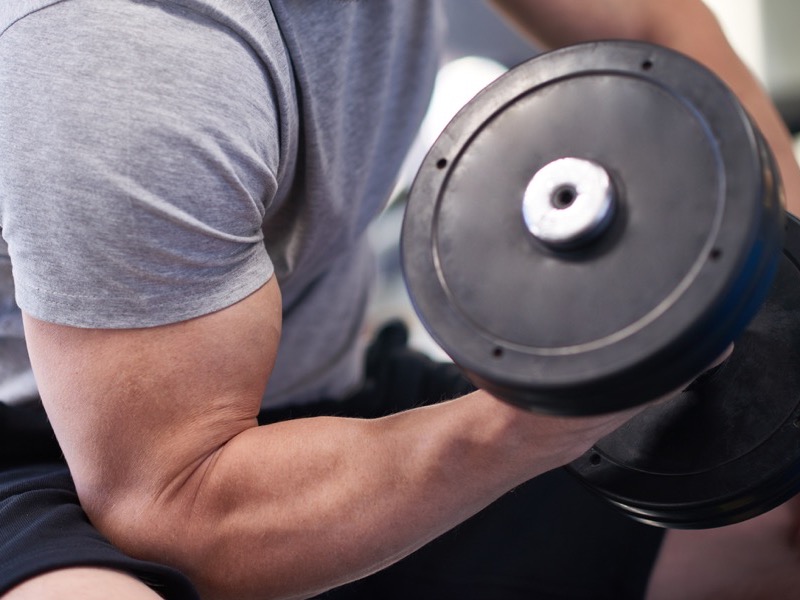
This article appears in the June 2020 issue of Investment Executive. Subscribe to the print edition, read the digital edition or read the articles online.
The only way to enable a viable, durable recovery from the economic calamity inflicted by the Covid-19 pandemic is with more — and better — information.
As lockdowns begin easing and economic activity picks up, the biggest risk is returning to a shutdown. Businesses and employees have already sustained heavy blows from the initial shuttering of the economy, and governments have massively expanded spending to cushion the impact. A second round of self-imposed economic oblivion would make that task exponentially more difficult.
Avoiding that sort of tragedy can only happen with reliable data on the risks of infection. Resuming activities that enable the virus to once again spread unchecked would render the months of lockdown, and the calamitous economic side effects, an utter waste.
A great deal has been learned about how the virus spreads, which can now be used to engineer a sustainable, strategic reopening of the economy. Research shows that the virus spreads primarily through direct contact. It also transmits much better where large groups of people are gathered indoors, particularly in poorly ventilated conditions. It’s not nearly as infectious outside, and it doesn’t spread well via surfaces.
Utilizing this information can help us avoid the kind of “super-spreader” events that underlie some of the most severe outbreaks. At the same time, we can help businesses, people and governments to make better informed risk assessments that allow relatively safe economic activities to resume.
If we do face a second wave despite these precautions, policy-makers must arm themselves with testing and contact-tracing data that will enable carriers to be isolated and prevent spreading the virus thoughout the broader community — without resorting to wholesale lockdowns again.
During the initial outbreak, governments had little choice but to shutter everything or risk the collapse of the health-care system and economic devastation. Volunteering to suffer extreme economic consequences has undoubtedly saved lives and spared hospitals. Now, utilizing what’s been learned is critical to avoid future lockdowns, which would needlessly compound the existing economic damage.
Regulators must stand firm on binding authority for OBSI
Editorial: The idea that OBSI is biased against the industry doesn’t fit with the facts